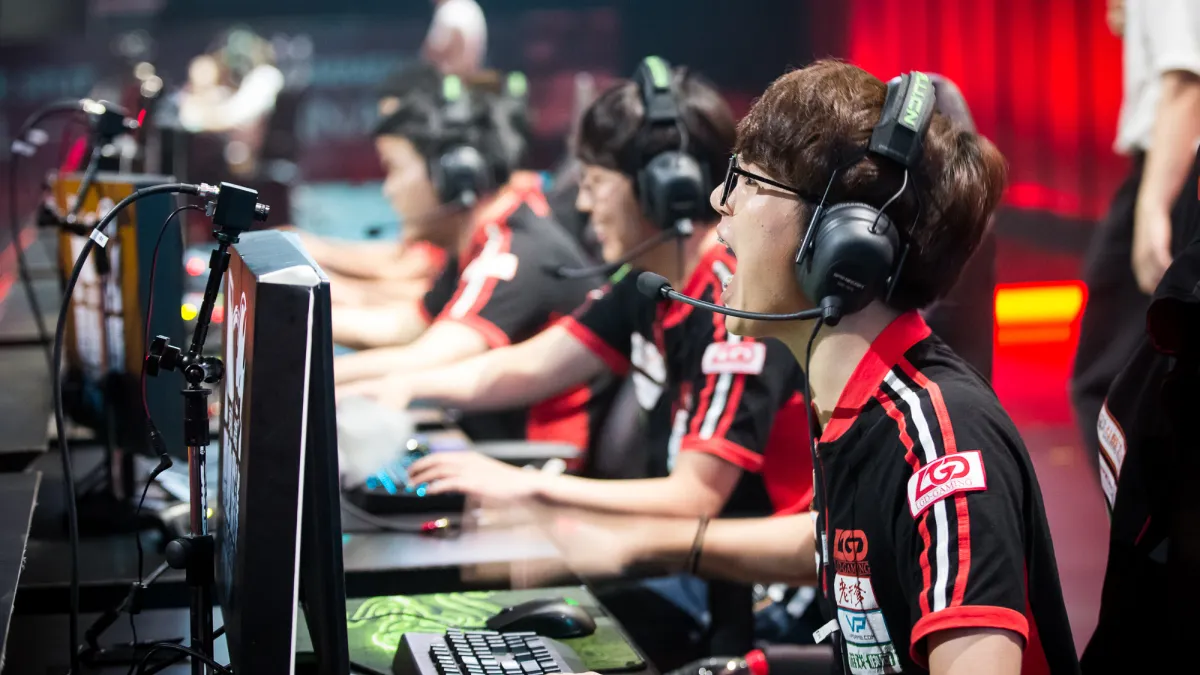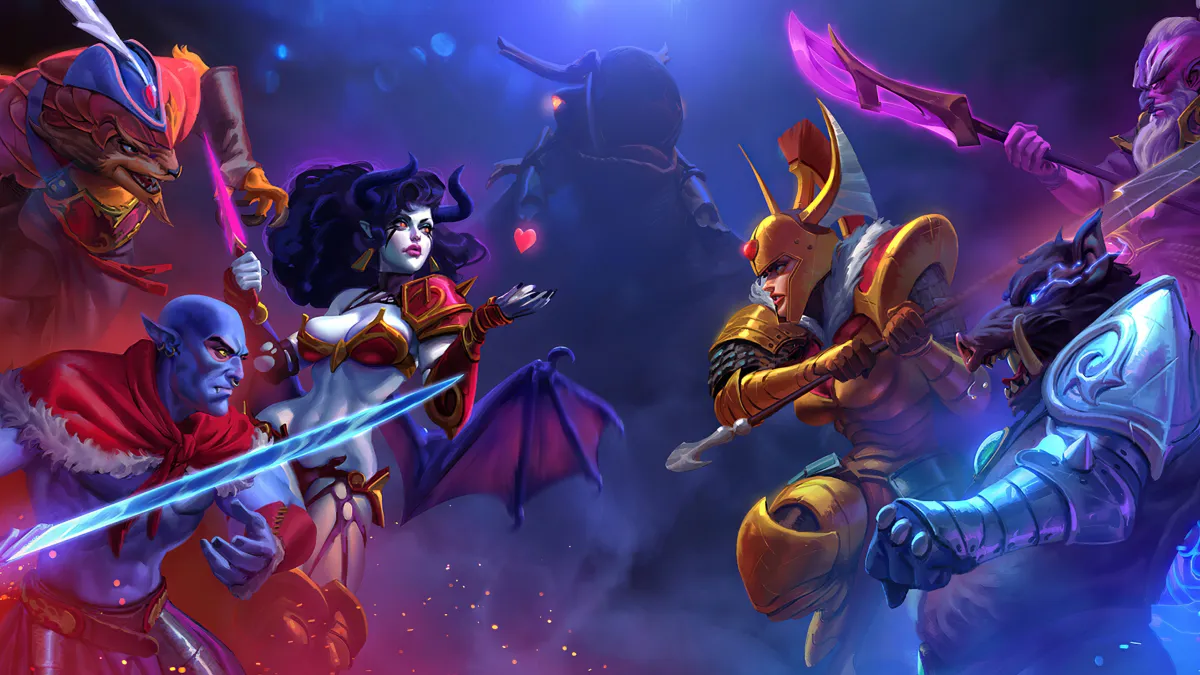The Economics of Esports: A Billion-Dollar Game

What used to be people sitting in their basements playing video games are now competing in Esports. Sure, ok, probably still in their basements but they are becoming millionaires doing it!
To the amazing world of esports, where a passion for gaming can be turned into some serious business. This emerging industry, growing at light speed… and I promise — it will be hilariously simple.
Key Takeaways from “The Economics of Esports”
- Esports is Big Business: The global Esports industry was valued at $1.4 billion in 2022 and is expected to reach $1.9 billion by 2025.
- Revenue Streams: Sponsorships advertising media rights merchandise ticket sales In game purchases Last year alone, Alabbar’s Kood Cash raised $641 million in sponsorship.
- Professional Gaming is a Career: The top professionals can earn millions of dollars a year in salary, prize money, sponsorships and streaming You might think it hard to become filthy rich from playing video games. It is a real way of earning money for some and some people do find it to be lucrative.
- Challenges Ahead: The Esports industry is facing lower sponsorships, waning viewership in the years following the pandemic, and infrastructure issues..
- A Bright Future: Despite all the challenges facing Esports, with new tech (VR and AR) on the day as well a whole generation that has really been into gaming — we expect to see growth. Esports teams to rival traditional sports in value?
So, if you thought playing games was just fun—guess what the gaming experience is getting next level!
What is Esports?
Your hi potential find their way (If you’re not aware of, Esports signifies electric powered sporting events) It is the very term used to describe competitive video gaming in which players from different teams, (or soloists) challenge each other out using games such as League of Legends and Valorant or Fortnite among others.
Well, it looks like your average sport but after rephrasing and a few changes; football is replaced with shooting spells at one another or basketball becomes building towers — you catch the drift.
Show Me the Money!
The economics of Esports is less a side quest, and more the main mission. The global Esports market was worth more than $1.4 billion in 2022, and is projected to reach about $1.9 billion by 2025.
Not bad considering the only thing hobby used to be just screaming at your screen when one of you 7 lives in Mario disappears!
But where does all that money come from? Glad you asked. Esports revenue streams:
- Sponsorships and Advertising: Big brands want a piece of the pie. Current companies such as Coca-Cola or Intel are eager to sponsor teams or events. Why? The audience for Esports skews younger than the audience of traditional sports, they are almost all tech-savvy, and most likely consume screens like it is crack. This year, Esports made $641 million just from sponsorships and ads. That’s a lot of coins.
- Media Rights and Streaming: Sites like Twitch & YouTube Gaming as the new sports bars where fans can watch their favourite teams compete. Esports events sell streaming rights to platforms, in the same way that traditional sports sells broadcast rights. With millions of viewers, it is also another mint.
- Merchandise and Ticket Sales: Yes, people buy Esports jerseys and hats Oh, and these events are attended (like could fit in a giant arena full of fans screaming for their favourite gamers) Esports does have its rabid fans just like any sport, and they will pay for merch or event tickets.
- In-Game Purchases: While, the most popular of them are free to play games (Fortnite, PUBG), there is staggering amount of money earned from all this flashy skins and weapons you can buy. EVER spent money to get a good-looking hat for your character in-game? You are not alone — trust me.
The Players: Not Just a Game
Once upon a time, everyone thought that “professional gamer” was the ultimate dream job. Today it is an actual career.
The best Esports players are able to earn vast sums through prize money, sponsorships and streaming revenue.
The 2022 Dota 2 championship even had a prize pool of $40 million, which you can use to restore an old mansion and turn one room into a gaming trophy showroom.
It is not all swashbuckling, though. Literally every day, hours upon hours of training (yes watching a screen will tire you out) and strict diets – amazing plots including their own personal coaches.
That would have been the dream excuse in during homework when you were 13, coming up with ways to tell your parents!
The Challenges: Not everything is a Power-Up
However, Esports does face its hardships despite all the accomplishments. Some still need tight brand budgets, which has meant sponsorship money is harder to come by..
They have the extra benefit of exploding during a pandemic when no one had anything better to do but watch at home.
The world is opening back up again, and people are no longer stuck to their screens (although let us also be real — a lot of you still are).
There are also concerns about the infrastructure. While Esports arenas and Esports events are not as rare anymore, setting up a tournament is still vastly different from scheduling another game of football.
Of course, you will also need the right technology, internet speed and well power (nothing is more frustrating than a blackout in between an important tournament).

The Future: Levelling Up
So, what’s next for Esports? And, experts predict that it will only grow. As more kids get to play video games growing up and parents see a future where “gaming” can actually be something with success (imagine THAT discussion!), and that the fan base is growing with it.
In addition, the potential uses of near-future tech like virtual reality (VR) and augmented reality (AR) to enhance fans experience through esports are virtually untapped.
Some even suggest that in the near future, professional sports teams will be as invaluable as established sport team. Who knows? And 20 years from now: The Fortnite Super Bowl (and halftime specials).
Wrapping it up
The economics of esports is similarly a play-to-win (or fund your growth to win) scenario; it will not be easy, but surely the rewards are worth every cent.
Whether you’re an Esports die-hard fanatic, a traditional sports fan that can’t wrap your head around why kids today spend hours and days playing Minecraft or the casual viewer who is just curious as to what this giant craze of gaming culture has become now; it’s clear — competitive gaming in modern times isn’t going anywhere. But it is more than just a game, its a billion dollar industry.
So, next time someone tells you to “stop wasting time playing video games,” just let them know you’re practicing for your million-dollar tournament. Who’s laughing now?



